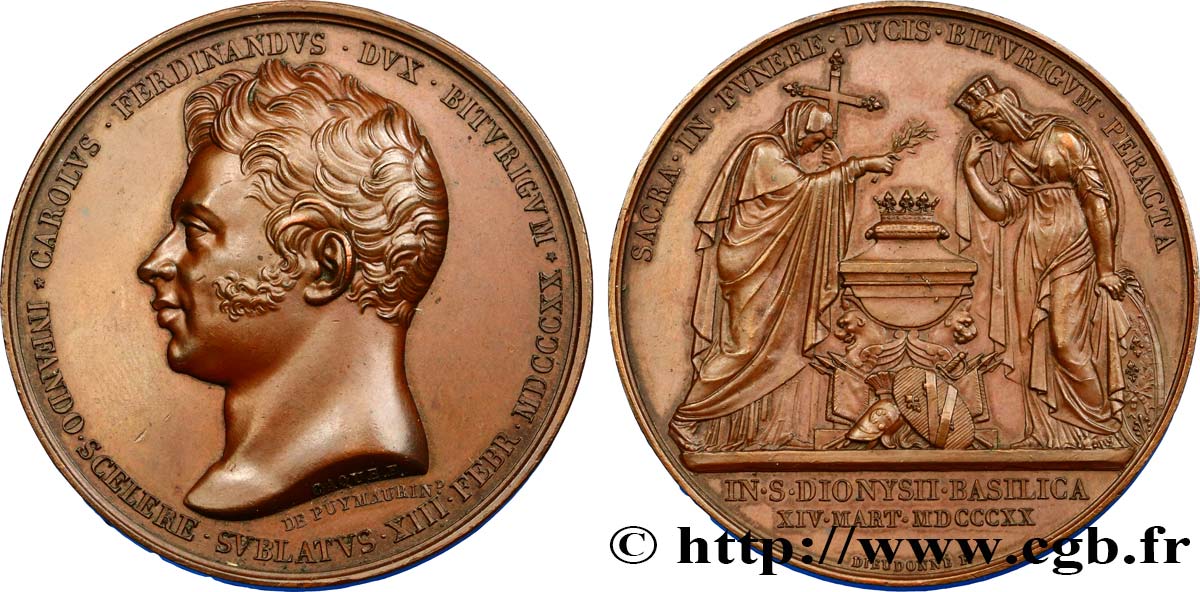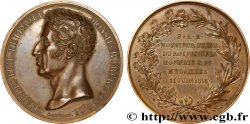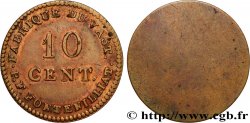fme_412589 - LOUIS XVIII Médaille des funérailles du duc de Berry
недоступный.
Товар уже продан в нашем интернет-магазине (2017)
Цена: : 180.00 €
Товар уже продан в нашем интернет-магазине (2017)
Цена: : 180.00 €
Тип Médaille des funérailles du duc de Berry
Дата: 1820
Монетный двор / Город: 75 - Paris
Металл: bronze
Диаметр: 50,5 mm
Ориентация осей монеты: 12 h.
Гравер CAQUÉ Armand Auguste (1795-1881) / DIEUDONNÉ Jacques-Augustin (1785-1873)
Вес: 62 g.
Век: lisse
Комментарии о состоянии
Superbe médaille avec quelques traces de manipulation et une superbe patine brune
Лицевая сторона
Аверс: легенда: CAROLVS FERDINANDVS DVX BITVRIGVM // INFANDO SCELERE SVBLATVS 13 FEBR 1820.
Аверс: описание: Tête du duc de Berry à gauche.
Обратная сторона
Реверс: легенда: SACRA IN FVNERE DVCIS BITVRIGVM PERACTA // IN S DIONYSII BASILICA / XIV MART MDCCCXX.
Реверс: Описание: La Religion, à gauche, et la France, à droite, pleurent sur le cercueil du duc de Berry posé sur un catafalque orné de têtes de lion ; sur le cercueil, un coussin sur lequel est posée une couronne ouverte; contre le catafalque est appuyé un trophée d'armes où figure un bouclier aux armes de France..
Комментарий
Jacques-Augustin Dieudonné, né à Paris le 17 mai 1785, et mort le 2 mars 1873, est un sculpteur et médailleur français. Jacques-Augustin Dieudonné est l'élève du sculpteur François-Joseph Bosio et du peintre Antoine-Jean Gros avant d'entrer à l'École des beaux-arts de Paris et de remporter le deuxième prix de gravure de médailles du prix de Rome en 1819 avec Milon de Crotone attaqué par un lion. Il est nommé chevalier de la Légion d'honneur en 1867.
Charles-Ferdinand d’Artois, duc de Berry, né à Versailles le 24 janvier 1778 et mort assassiné à Paris le 13 février 1820, est un prince de la maison de Bourbon. Il est le fils de Charles-Philippe de France, comte d’Artois (futur « Charles X »), et de Marie-Thérèse de Savoie..
Charles-Ferdinand d’Artois, duc de Berry, né à Versailles le 24 janvier 1778 et mort assassiné à Paris le 13 février 1820, est un prince de la maison de Bourbon. Il est le fils de Charles-Philippe de France, comte d’Artois (futur « Charles X »), et de Marie-Thérèse de Savoie..








 Cообщить об ошибке
Cообщить об ошибке Распечатать страницу
Распечатать страницу Отправить мой выбор
Отправить мой выбор Задать вопрос
Задать вопрос Consign / sell
Consign / sell
 Информация
Информация



